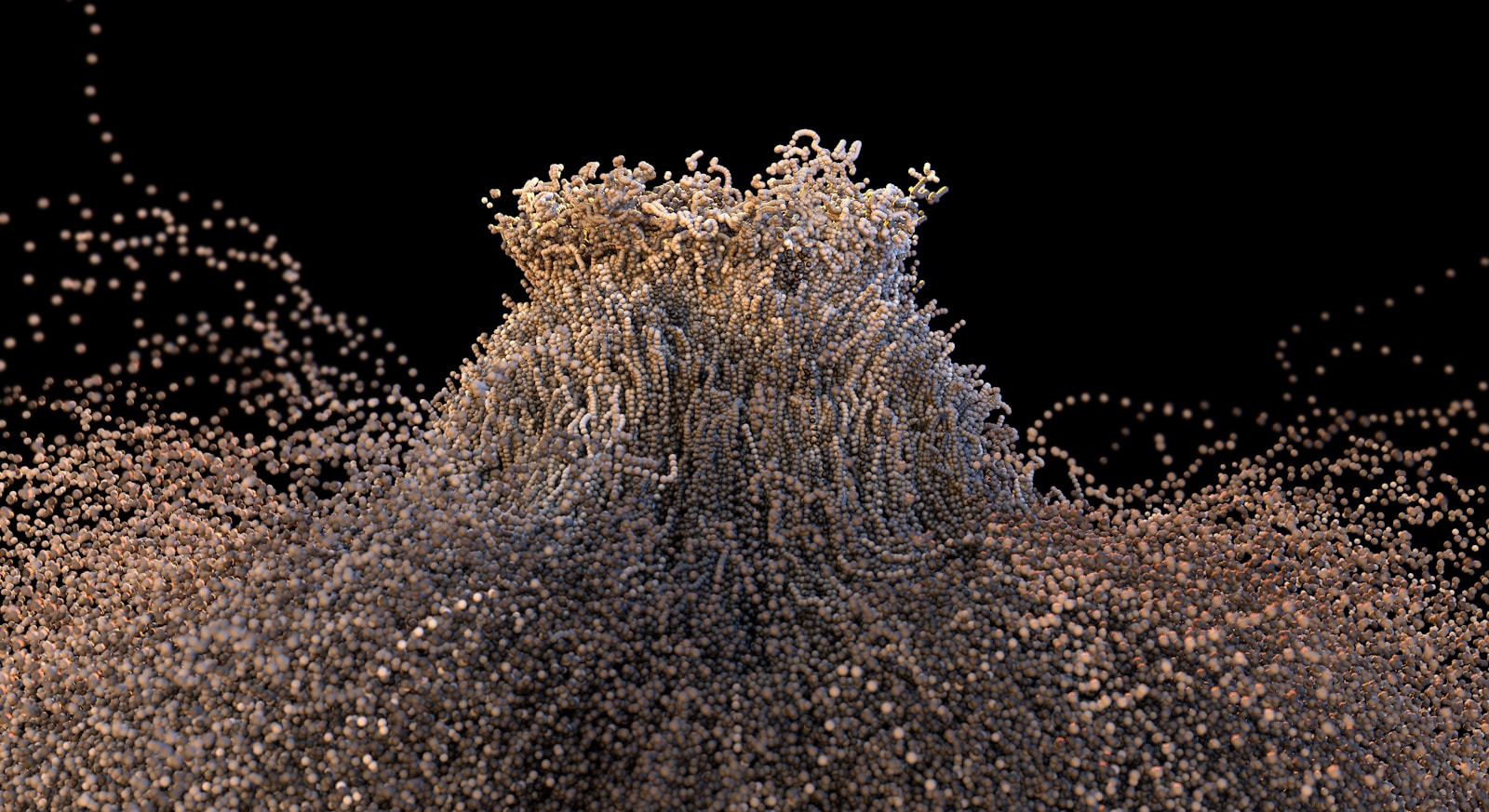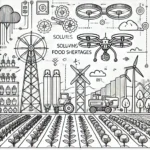From the moment of birth, we embark on a remarkable journey of growth, transforming food into the very fabric of our bodies. This process, while seemingly a triumph over entropy, leads us to a paradox: after a certain age, our bodies begin to break down. As we navigate this cycle of creation and decay, a profound question arises: How does this relate to the theory of evolution? Are we truly the pinnacle of complexity, or could we be remnants of a more advanced existence? In exploring this idea, we delve into the intricate dance between growth, decay, and the mysteries of evolution.
Life feeds on negative entropy.
Erwin Schrödinger
The Journey of Growth
Once born, we engage in a slow yet significant evolution, acquiring tissues, bones, and increasingly complex systems. The food we eat becomes the building blocks of our bodies, allowing us to thrive. This transformation represents a decrease in entropy on a personal level, as we develop from simple cells into intricate organisms. As physicist Erwin Schrödinger famously stated, “Life feeds on negative entropy,” highlighting how living systems create order from disorder. Yet, this growth is not permanent.
The Inevitability of Decay
As we age, the vibrant machinery of our biology begins to falter. The initial vitality gives way to dysfunction and decline, highlighting a stark reality: decay and dissolution may ultimately define our existence. In the words of biologist Richard Dawkins, “We are all just survival machines—robot vehicles blindly programmed to preserve the selfish molecules known as genes.” This inevitability raises uncomfortable questions about our life cycle and the nature of aging itself.
Rethinking Evolution
This leads us to reevaluate the traditional narrative of evolution. Why should simple organisms evolve into complex ones? The natural world often suggests that complexity tends to break down rather than build up. Theoretical physicist and cosmologist Lawrence Krauss noted, “The universe is not only queerer than we suppose, but queerer than we can suppose.” This perspective prompts us to consider the possibility that humans, rather than being the pinnacle of evolution, could represent a degeneration from once more advanced beings.
Conclusion
In examining the relationship between growth, decay, and evolution, we uncover a complex narrative about our existence. Rather than seeing ourselves as the culmination of evolution, we might be witnessing a cycle of decline from a more sophisticated past. As biologist Stephen Jay Gould remarked, “Evolution is not a ladder; it is a branching tree.” This thought-provoking idea invites us to reflect on our origins and challenges us to redefine our understanding of complexity and progress in the natural world.








